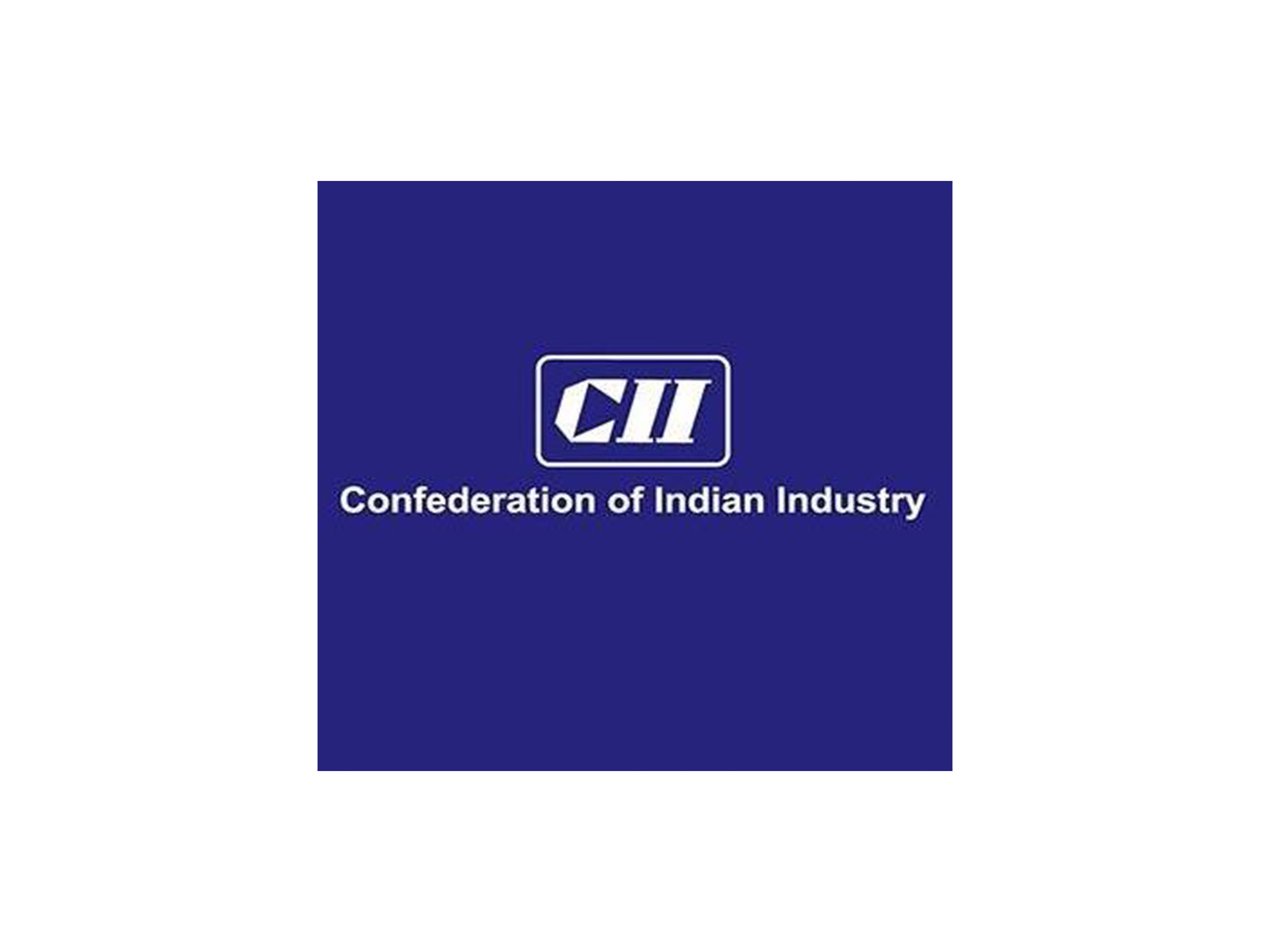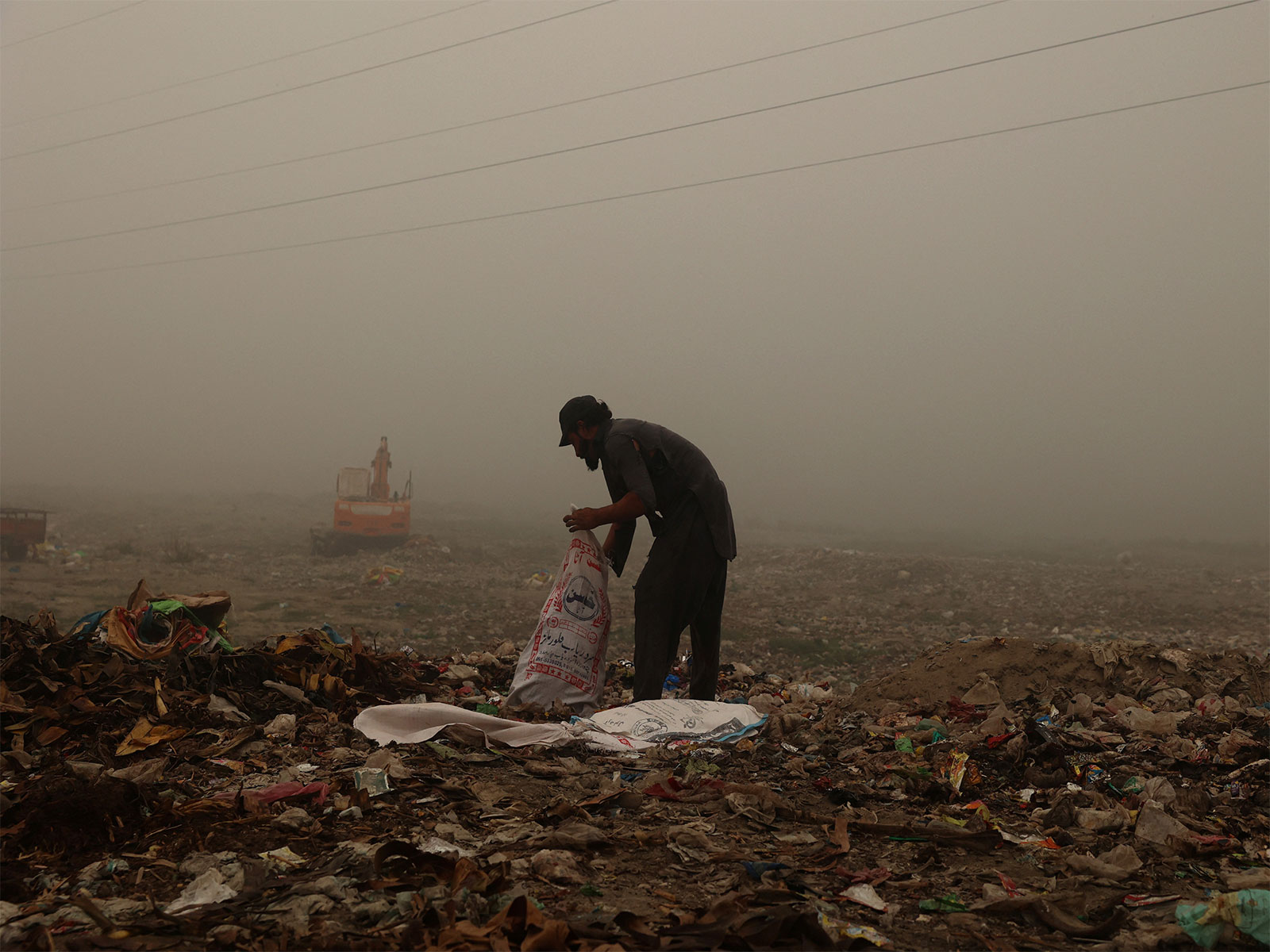Finance commission chairman underscores need to unlock private capital for meeting climate finance requirements
May 17, 2024

New Delhi [India], May 17 : N K Singh, chairman, 15th Finance Commission of India, underscored the critical role of unlocking private capital to meet climate finance requirements during the 'Financing Climate Transitions' session at the CII Annual Business Summit 2024 on Friday.
Singh highlighted the need to address investment deterrents and create a favorable regulatory environment to mobilize private sector contributions for climate initiatives.
"It is important to recognize what makes private capital reticent, what can be done to minimize and mitigate the risks, including regulatory risks, so that they can contribute to climate finance", said Singh.
Singh, who holds multiple key positions including Member of the High-Level Committee on Simultaneous Elections, Co-Convenor of the G20 Expert Group on MDB reforms, President of the Institute of Economic Growth, and Chairman of the 15th Finance Commission of India, emphasized the critical role of private capital in achieving climate finance goals.
He stressed the necessity of identifying and addressing the factors that deter private investments and highlighted the importance of creating a more favorable regulatory environment to attract private sector contributions.
Singh said, "In addition to mobilizing private capital, there is also a need to increase public private partnerships, enlarge the fiscal space of State & Centre and for multilateral development bank (MDBs) to play a larger role in reforming international finance architecture. He noted that multilateral development banks have a long way to go to improve their processes to address the daunting challenge of meeting the financing needs required for an orderly climate transition."
"We have to examine if we may create a form of financing that is based on blended finance and deploy greater use of hybrid capital", he added.
Supporting Singh's views, Suman Bery, Vice Chairman of NITI Aayog, noted the dual focus of climate finance on both mitigation and adaptation.
He suggested that bundling clean technology projects with capital from various sources could stimulate greater private sector involvement.
Highlighting international examples, Pankaj Khimji, Foreign Trade and International Cooperation Adviser for Oman's Ministry of Commerce, shared Oman's successes in the renewable energy sector.
He discussed ongoing projects in green hydrogen and carbon capture, executed through PPPs to leverage necessary private capital. These initiatives are not only set to fulfill Oman's domestic energy requirements but also aim to export green hydrogen internationally.
Addressing the specific challenges faced by India, Sumant Sinha, Chairman and CEO of ReNew, pointed out the high cost of capital, attributed partly to India's lower credit rating.
He argued for a re-evaluation of India's credit rating by global agencies, citing the country's strong payment record. An improved rating could facilitate increased flows of climate finance into India.
Sanjiv Puri, President Designate of the Confederation of Indian Industry (CII), remarked on the necessity of assuring private investors of positive economic returns.
He stressed that harmonizing policies to reduce operational frictions would be instrumental in making climate-related projects more financially viable from a business perspective.
Puri said, "Private capital will be mobilized essentially when it is assured of positive economic returns on its investments. In this regard, harmonizing policymaking to reduce friction will greatly help in making projects more financially viable from a business perspective".

















